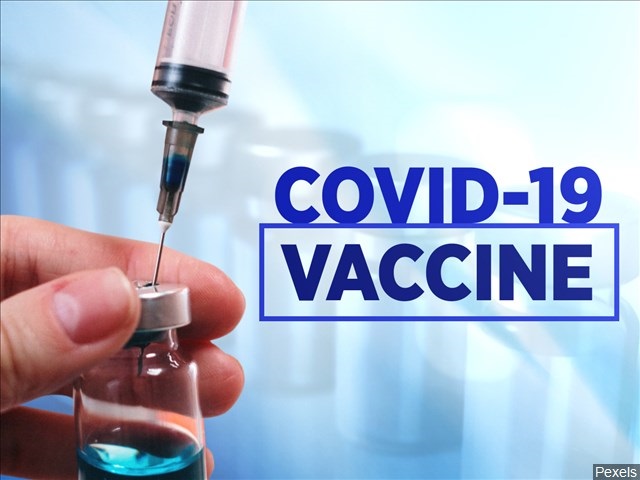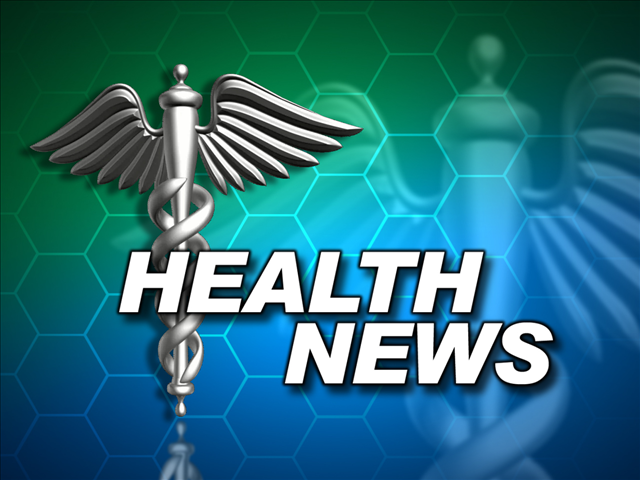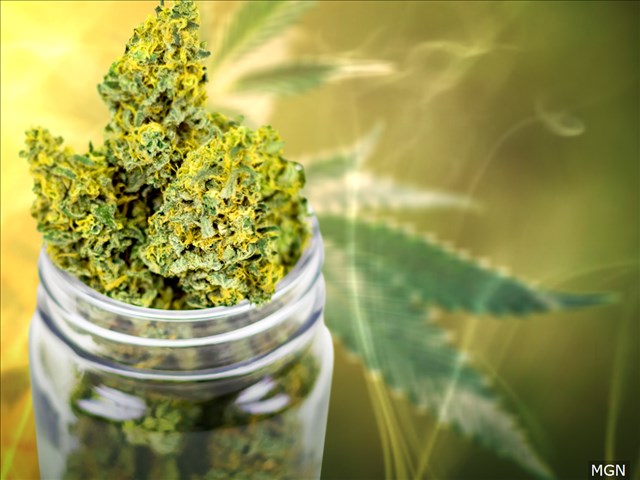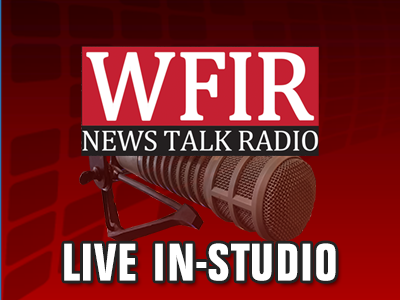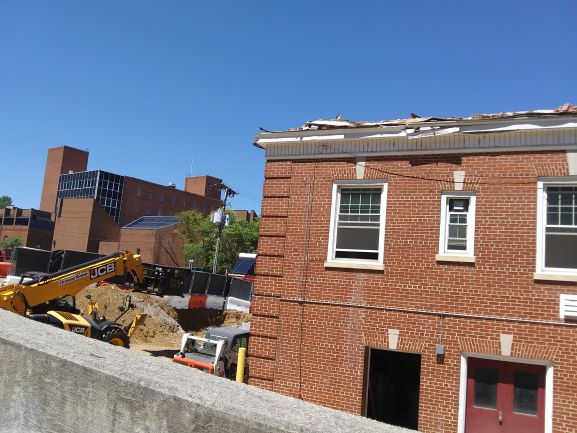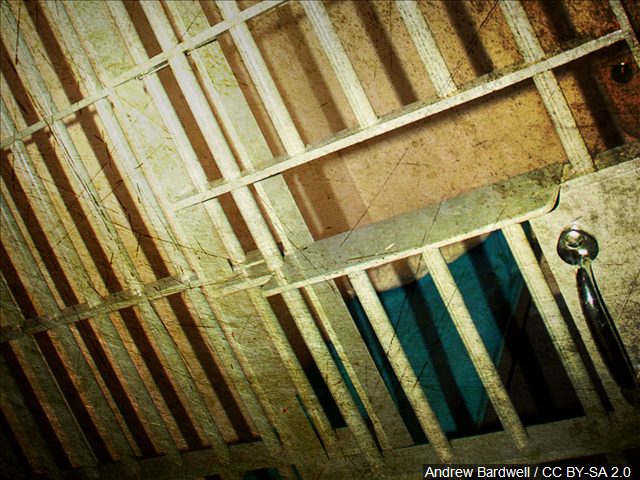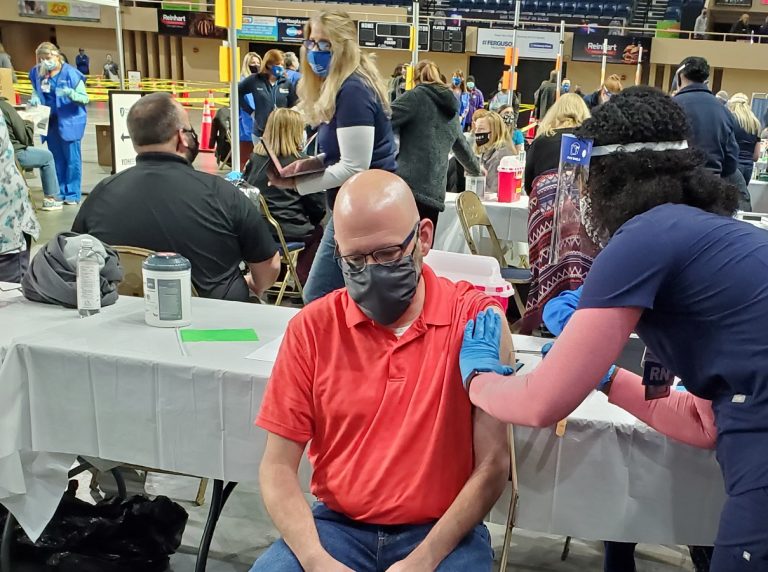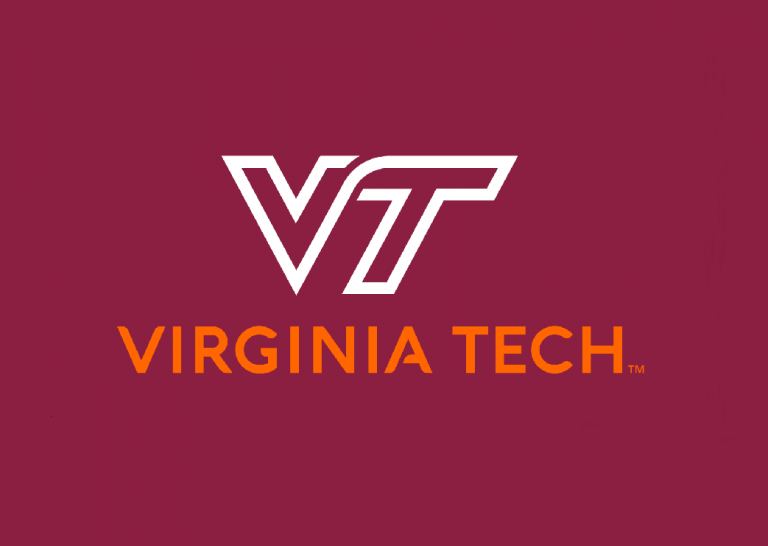WASHINGTON (AP) — The Biden administration has extended the nationwide ban on evictions for a month to...
Health and Medicine
Its the home stretch for the Roanoke City and Alleghany Health Districts as they attempt to inch...
The New River Health District may not hit the July 4th target of having 70 percent of...
The country as a whole may not make President Joe Biden’s vaccination target by July 4th –...
Claims by Bedford County Sheriff Mike Miller that THC makes marijuana addictive don’t hold water, according to...
Beginning July 1, possession of marijuana for recreational use is legal in Virginia – but users cannot...
Carilion Clinic’s $400 million, 500,000 square foot addition that includes a new tower at Roanoke Memorial –...
The second tallest man made structure in Roanoke besides the Wells Fargo Tower isn’t another downtown building...
Virginia’s Department of Corrections says it released more than 2,000 “responsible inmates” for coronavirus-related considerations since April...
Radford University has joined the list of colleges requiring students to receive COVID-19 vaccines before returning to...
In the New River Health District they are targeting smaller events these days, seeking those who are...
For the second summer in a row, freshman orientation at Virginia Tech that begins today will be...
Local practitioners, providers, healers, and vendors will be on-site to showcase their offerings for the public. WFIR’s...
For those in the City of Roanoke not sure where to turn for help with mental health,...
Virginia Tech officials say they are receiving some limited pushback for the decision to require student vaccinations...


